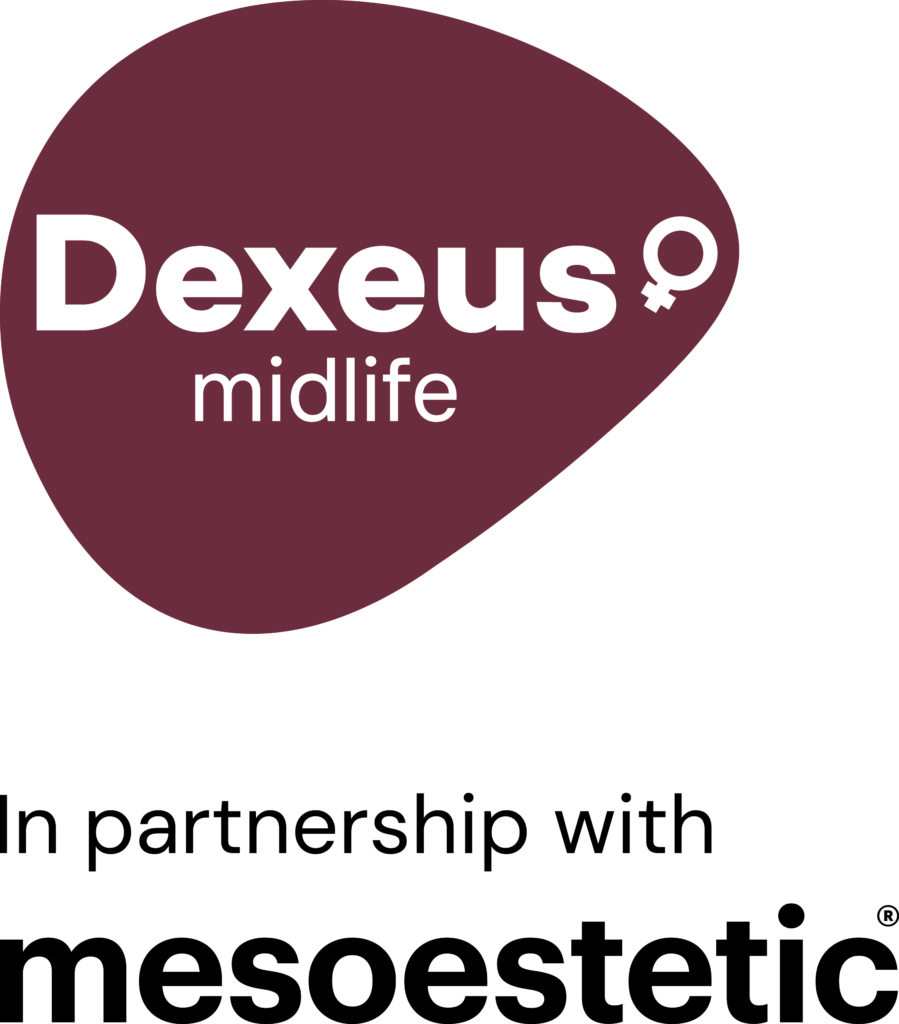During perimenopause and menopause, many women experience changes in memory and concentration. These fluctuations can affect your self-confidence, your overall sense of well-being, and your quality of life.
Furthermore, the symptoms associated with this stage of life can sometimes mask an underlying cognitive decline that may have various causes. This is why a cognitive assessment is key to understanding the state of your memory, and to implementing either preventive or therapeutic strategies, whether pharmacological or non-pharmacological.
Understanding your cognitive performance, under the guidance of professionals with more than 30 years’ experience, will help you make sense of the changes your brain undergoes during perimenopause and menopause, and adopt positive habits to protect your brain health and general well-being. Looking after your memory is investing in your future.
What it is
The first step is a guided interview, which includes a few brief questions about your recent experience of cognitive functioning and any perceived impact.
If you have noticed changes in your memory, attention, verbal fluency or other cognitive abilities, you will be offered a personalised consultation with our Memory Unit specialists.
This consultation includes an in-depth interview to explore any perceived changes, as well as lifestyle factors (such as diet, sleep and physical activity), along with your emotional state. It also includes a 30-minute neuropsychological screening to objectively assess your memory, attention, verbal fluency, executive function, mood and anxiety levels.
Based on the overall assessment, our team will recommend the most suitable next steps, which may include a full evaluation at our Diagnostic Unit if necessary, and offer you a follow-up plan.
Women interested in gaining a better understanding of their cognitive performance are welcome to request a consultation, regardless of their initial results.
Who is this service for?
- This service is intended for:
- women aged 50 and over who are going through perimenopause or menopause and are interested in learning more about their cognitive performance and exploring possible strategies to maintain or improve it.
Expected outcome
- A clear understanding of your objective cognitive performance based on validated scientific tools.
- Professional guidance on strategies to support or enhance cognitive function.
- Education on brain health and neuroprotective lifestyle habits.
- Access to innovative treatments if any issues are identified.
- Reduced anxiety for women with a family history of dementia or Alzheimer’s disease.
- Improved quality of life and greater sense of well-being.
FAQs
During menopause, it is common to notice changes in short-term memory, experience difficulty concentrating (for example at work or when reading) and have trouble processing multiple pieces of information at once. It is not unusual to occasionally struggle to recall the names of people you know or to find that, at times, words don’t come as easily.
All of the above changes can be a normal part of the menopausal transition and, although they can be frustrating, they are usually not a sign of illness. However, if the frequency or impact of these changes on your personal and professional life seems out of proportion and not just due to menopause, then it may be worth looking into more closely. For example, struggling to communicate clearly, forgetting important daily tasks or failing to recall the names of close friends or family members shouldn’t be considered normal.
As with most menopause-related symptoms, cognitive issues can vary significantly in terms of frequency and intensity from person to person. Factors such as stress (personal or work-related), mood, persistent pain, medication use and sleep disturbances can all increase the likelihood and severity of these symptoms.
Absolutely. People who rely heavily on their memory or work in high-responsibility environments tend to notice changes more acutely. Likewise, those who are naturally very self-demanding are often more sensitive to subtle changes in cognitive performance.
It is worth seeking help if these changes cause you distress or lower your self-esteem, or if they affect your ability to enjoy activities such as reading. It is also important to take action if those around you have noticed significant changes in your behaviour or memory.
While the human brain does adapt to change and seeks ways to compensate for it, it is also highly responsive to stimulation. Staying mentally, physically and socially active is essential to maintaining optimal function at every stage of life.
Yes. People with a direct family history of cognitive disorders are at a higher risk. While the actual risk depends on multiple factors (such as age of onset, type of cognitive impairment, and lifestyle), if you are experiencing symptoms or are concerned, it is advisable to seek expert advice. This not only allows you to rule out potential cognitive disorders, but also gives you access to effective strategies for preserving or improving your cognitive health.

